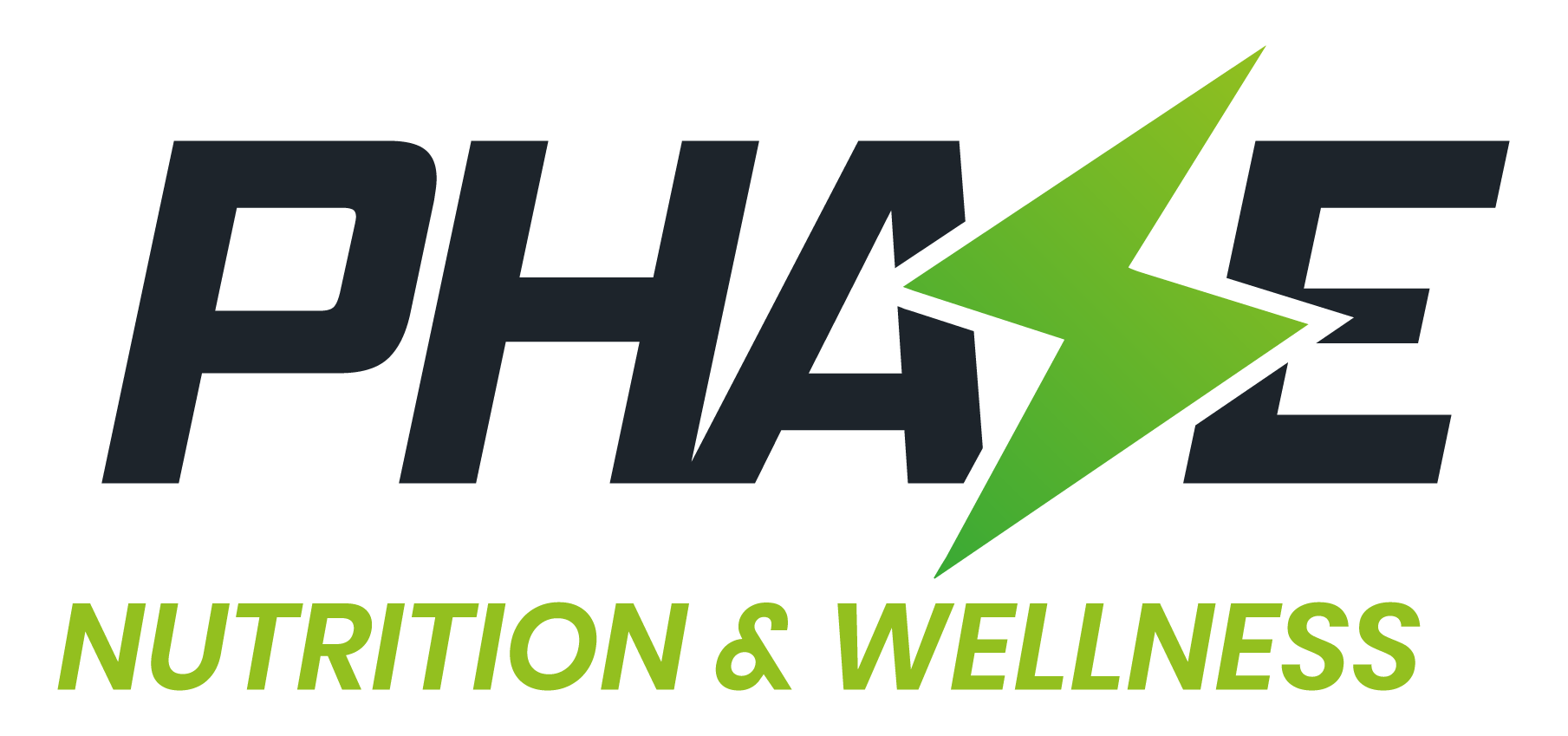What is a Calorie?
Introduction
A calorie is a unit of measurement that quantifies energy rather than weight or length. It is used to describe the amount of energy your body can derive from consuming specific foods or beverages. The term “kilocalorie” (kcal) is synonymous with the common calorie and is often used interchangeably, so 1,000 calories are written as 1,000 kcal.
Definition of a Calorie
A calorie is the amount of heat energy required to raise the temperature of 1 gram of water by 1° Celsius.
Calories in Macronutrients
Each of the three main macronutrients—carbohydrates, fats, and proteins—contains a different number of calories per gram:
- Carbohydrate: 4 kcal per gram
- Fat: 9 kcal per gram
- Protein: 4 kcal per gram
Daily Calorie Recommendations
The National Health Service (NHS) offers average daily calorie recommendations for maintaining a healthy body weight. On average:
- A man requires around 2,500 kcal (10,500 kJ) per day.
- An average woman needs about 2,000 kcal (8,400 kJ) daily.
These values can vary based on factors such as age, size, and physical activity levels. Therefore, using a calorie calculator to determine your daily calorie needs for weight maintenance is more precise. Once you understand your energy requirements for weight maintenance, you can adjust your intake to lose or gain weight.
High-Calorie Foods
High-calorie foods are often associated with high fat and sugar content. While some high-calorie foods lack essential nutrients, others offer nutritional benefits. Examples of healthy, high-calorie foods include:
- Avocados (322 calories each)
- Quinoa (222 calories per cup)
- Nuts (828 calories per cup of peanuts)
- Olive oil (119 calories per tablespoon)
- Dark chocolate (in moderation, 580 calories per 100g)
Low-Calorie Foods
Fruits and vegetables are generally low in calories and are excellent sources of dietary fibre. Examples of low-calorie foods include:
- Celery (10 calories per large stalk)
- Broccoli (15 calories per cup)
- Apples (52 calories each)
Empty Calories
Empty-calorie foods are those with little to no nutritional value and often contain high levels of fat or sugar. Alcoholic beverages are considered empty calories, as alcohol provides 7 kcal of energy per gram. Examples of empty-calorie foods include:
- Sugary drinks (e.g., fizzy drinks and energy drinks)
- Carb-heavy desserts and snacks (e.g., cakes, doughnuts, muffins)
- Sweets and sugary treats
- Processed meats (e.g., bacon and sausages)
- Condiments and sauces (e.g., ketchup and mayonnaise)
- Fast food and junk food (e.g., pizza, burgers, fries)
These empty-calorie foods should be consumed in moderation or avoided to promote optimal health and maintain a healthy body weight.
In conclusion, understanding calories and their sources is crucial for maintaining a balanced and nutritious diet. Utilising this knowledge can help you make informed dietary choices that align with your health and fitness goals.
References
NHS (2022) Understanding Calories, NHS choices. NHS. Available at: https://www.nhs.uk/live-well/healthy-weight/managing-your-weight/understanding-calories/ (Accessed: November 11, 2022).
